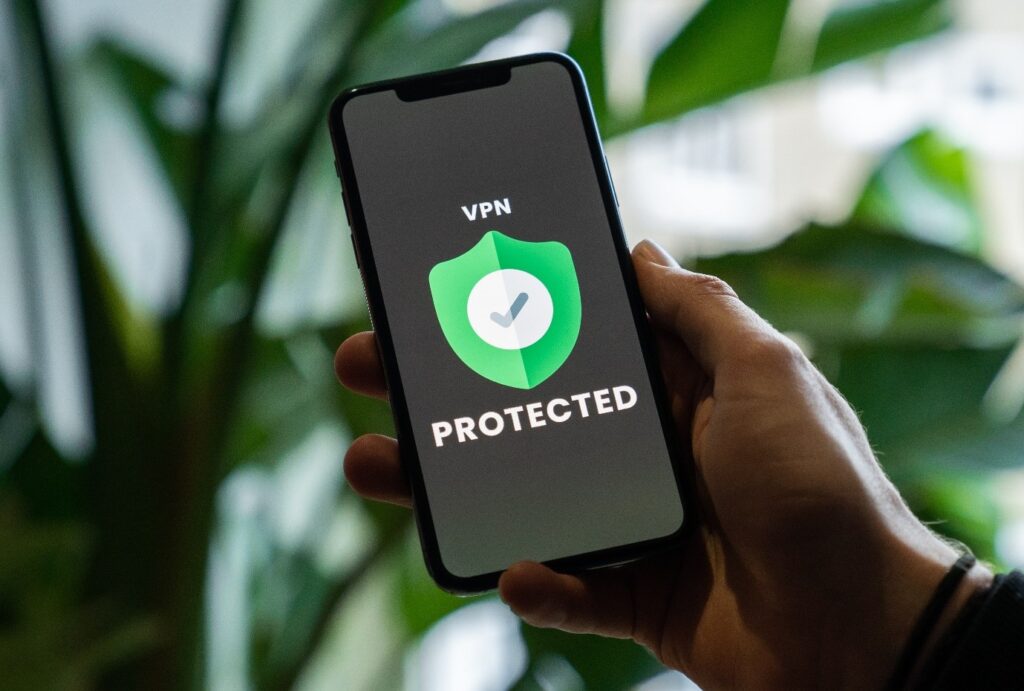
In this era of burgeoning digital interactions, protecting yourself online is as crucial as securing your physical surroundings. Cyber threats have evolved in sophistication and number, which necessitates everyday Internet users, just like you and I, to be proactive in safeguarding our online presence. Here are a few simple yet effective ways to protect yourself online.
1. Strong, Unique Passwords
Passwords are your first line of defence. It’s recommended to use complex, unique passwords for each of your online accounts. Leverage a mix of uppercase letters, lowercase letters, numbers, and special characters. A 12-16 password character minimum seems to be the sweet spot. Try to avoid using easily guessed information like birthdays, names of pets, or favourite sports teams. Password manager tools can help you manage multiple complex passwords conveniently and securely.
2. Two-Factor Authentication (2FA)
2FA provides an additional layer of security beyond your password. This involves something you know (like your password) and something you have (like your phone) to gain access to your accounts. Even if someone manages to get hold of your password, they’d still need the second factor, often a temporary code or a fingerprint, to breach your account.
3. Keep Your Software Updated
Software updates often include security patches to cover vulnerabilities. Always keep your devices, apps, and programs updated to the latest version. Enabling automatic updates can help ensure you’re running the most secure versions.
4. Be Wary of Phishing Attempts
Phishing attacks often come in the form of seemingly genuine emails or texts from reputable organizations asking for personal information or containing malicious links. Be cautious when clicking links or opening attachments from unsolicited emails, and never provide your personal information unless you’re sure of the sender’s authenticity.
5. Use a Virtual Private Network (VPN)
A VPN encrypts your internet connection, making it more challenging for hackers to intercept your data. VPNs can be particularly useful when using public Wi-Fi networks, which are often less secure and more vulnerable to attacks.
6. Secure Social Media Privacy Settings
Ensure your privacy settings on social media platforms are set to restrict who can view your information. Be careful about the personal details you share, as cybercriminals often use this information for identity theft.
7. Regular Backups
Regularly backing up your data means that in the event of a ransomware attack, where hackers encrypt your files and demand a ransom, you’ll have a recent copy of your information, and you won’t be left at their mercy.
Online protection is not a one-time activity but an ongoing commitment. By incorporating these simple steps into your digital routine, you will significantly enhance your resilience against potential cyber threats.
Have questions? F1Tech’s IT experts are here to ensure you’re cyber secure, reach out to us at (905)-430-8344 or hello@f1tech.ca today!
